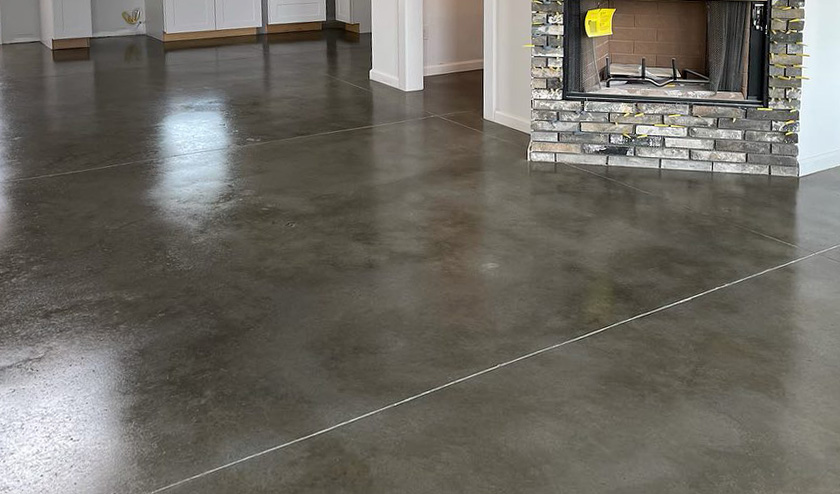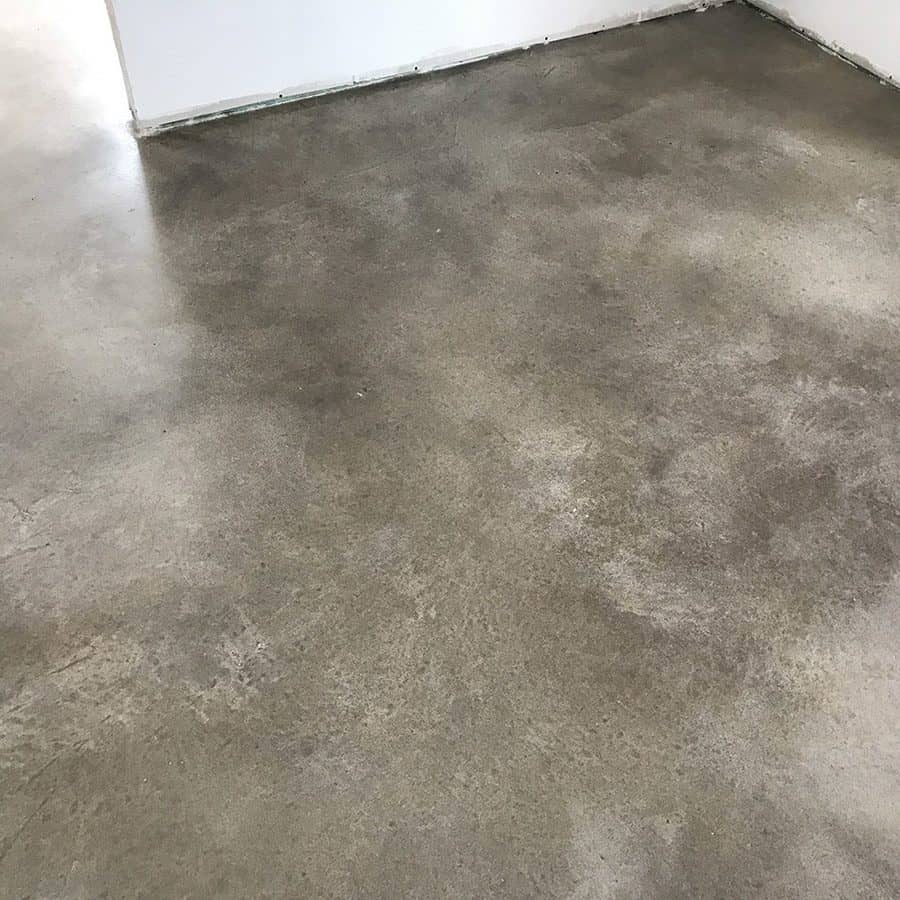Why Neighborhood Stained Flooring Is the Perfect Choice for Sustainable Home Renovation
In the world of lasting home renovation, regional tarnished flooring has actually emerged as a preferred selection among environmentally mindful homeowners. As an economical investment with minimized upkeep requirements, it elevates a thought-provoking question: could this be the optimal remedy for sustainable housing?
Comprehending the Concept of Neighborhood Stained Flooring
While the concept could appear unique to some, neighborhood tarnished flooring is an ingenious method to home renovation that integrates aesthetic appeals, durability, and sustainability. The staining process not just boosts the natural elegance of the timber grain yet additionally includes a layer of defense, increasing the long life of the flooring. Making use of local wood types frequently sustains neighborhood economic climates and advertises responsible forest management practices.
The Visual Appeal of Neighborhood Discolored Flooring
Why is regional discolored floor covering gaining appeal for its aesthetics? The solution hinges on the special charm and character it brings to any type of area. Regional stained floor covering offers a varied variety of shades and patterns, mirroring the all-natural charm and variations of the regional wood species made use of. This produces an one-of-a-kind, individualized aesthetic that can not be replicated by mass-produced options. In addition, the staining process improves the timber's natural grain and structure, including deepness and richness to the flooring's look. This rustic sophistication seamlessly blends with various interior style styles, from typical to contemporary, making it a functional choice for homeowners. Inevitably, the attraction of local discolored floor covering exists in its capacity to change homes right into distinct, visually appealing rooms while advertising sustainability.
Ecological Influences of Local Stained Flooring
The ecological implications of neighborhood discolored flooring incorporate two significant factors: lowering carbon footprint and waste minimization advantages. Using in your area sourced materials for tarnishing not only diminishes transport emissions, however additionally promotes lasting forestry techniques. The waste minimization element comes into play as these flooring types often have a longer life expectancy, lowering the constant demand for replacements and the waste linked with it.
Lowering Carbon Impact
As house owners transform to more sustainable alternatives, local tarnished flooring arises as a sensible solution to lower carbon impact. This type of flooring largely makes use of in your area sourced products, which substantially lessens the need for transportation. This decreases emissions linked with products transport, contributing to reduced levels of greenhouse gases in the ambience. The process of discoloring the floor covering, rather than using synthetic finishings, involves less chemicals and less energy-intensive procedures. This leads to a decline in carbon discharges throughout the manufacturing process. Deciding for neighborhood discolored floor covering demonstrates an efficient action in advertising environmental sustainability, highlighting a substantial means property owners can add to combating climate adjustment from the convenience of their very own homes.
Waste Minimization Conveniences
Although typically neglected, waste reduction is one more substantial benefit of local discolored flooring. In addition, the discoloration process utilizes fewer sources and creates much less waste compared to producing brand-new flooring materials. The selection of local tarnished floor covering not only improves homes yet also underpins a commitment to lasting living and waste decrease.
The Toughness and Maintenance of Regional Discolored Flooring

The Cost-Effectiveness of Regional Tainted Floor Covering
While regional tarnished flooring may initially appear much more expensive than other alternatives such as rug or laminate, its durability and durability promptly turn it right into an economical option. The ahead of time price is frequently countered by the reduction in maintenance expenses gradually. Unlike carpetings that need normal deep cleansing or laminate learn this here now that may need substitute after a couple of years, discolored floors are developed to last, decreasing the need for pricey repairs or substitute. Regional sourcing of products reduces transportation costs, adding to both financial savings and a lower carbon footprint. For property owners looking for a lasting, economical option for their floor covering needs, neighborhood discolored flooring arises as an exceptional, lasting financial investment that pays off gradually.

Reality Examples of Sustainable Homes With Regional Discolored Flooring
In the world of sustainable home improvement, regional discolored floor covering has become a preferred alternative. To better show its benefits, a number of the real world examples of green homes that have actually effectively included this flooring strategy will be highlighted. These study give concrete proof of the benefits and impact of utilizing regional discolored floor covering in lasting homes.

Display: Eco-Friendly Flooring Houses
Checking the globe, one can locate various homes that embody the concept of environment-friendly living through the usage of neighborhood stained flooring. Throughout oceans in copyright, a modern house showcases its abundant, maple-stained floor covering, a testament to the bountiful local wood supply (Best Stained Concrete Austin). These homes not only display the visual versatility of regional discolored floor covering yet additionally its contribution to an extra sustainable lifestyle.
Local Tainted Floor Covering Benefits
The indisputable attraction of neighborhood tarnished flooring extends past its aesthetic appeal, as it also offers significant advantages to both home owners and the atmosphere. An additional example is a green-certified home in Austin, Texas, where pop over to this web-site in your area sourced walnut was discolored and used for floor covering, contributing to the home's LEED certification.
Verdict
In conclusion, regional discolored floor covering is a practical and lasting choice for home enhancement. With its special mix of ecological, visual and affordable advantages, local tarnished floor covering is a clear option for house owners seeking a lasting, visually enticing and cost-effective home enhancement solution.
In the realm of lasting home improvement, regional tarnished floor covering has actually arised as a preferred selection amongst ecologically conscious property owners. Neighborhood tarnished flooring uses a diverse variety of shades and patterns, mirroring the natural elegance and variants of the neighborhood timber species used. The option of neighborhood discolored floor covering not only beautifies homes yet additionally underpins a commitment to sustainable living and waste decrease.
For homeowners seeking a sustainable, cost-effective solution for their flooring requires, local discolored floor covering arises as an exceptional, long-term financial investment that pays off over time. Stained Concrete.
With its distinct blend of ecological, affordable and visual advantages, local tarnished flooring is a clear selection for homeowners looking for a lasting, visually attractive and affordable home enhancement service.